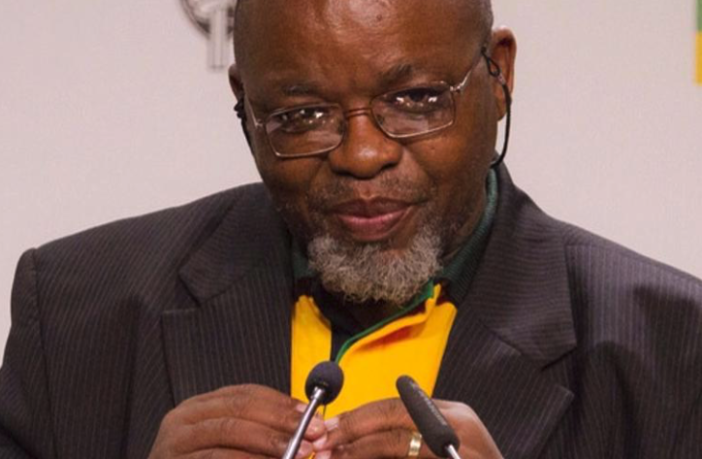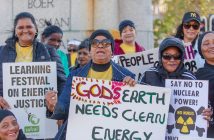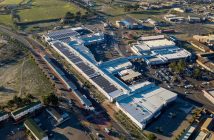- Two government ministers are in a tug-of-war over the future of South Africa’s oil and gas assets.
In September 2023, Public Enterprises Minister Pravin Gordhan gazetted the National State Enterprises Bill which, if passed in its current form, would remove the Central Energy Fund (CEF) and its valuable oil and gas assets from the control of the Department of Mineral Resources and Energy (DMRE).
CEF is the holding company for PetroSA, which owns the rights to offshore oil and gas fields, as well as iGas, which owns a significant stake in the Rompco pipeline that imports gas from Mozambique.
Gordhan proposes to create a more independent holding company to manage state-owned entities – including Eskom, Transnet, Denel and CEF – that have been crippled by political interference and State Capture.
When we asked Mineral Resources and Energy Minister Gwede Mantashe about Gordhan’s proposal in October, he told us: “It’s a debate, that one… leave it to be exhausted internally.” Asked if there was an ideological battle coming over CEF’s future, he said: “Yes. A big one.”
A month later, Mantashe presented his own Bill to Parliament: the South African National Petroleum Company Bill. If passed, Mantashe’s Bill will gut CEF and move its oil and gas assets into a new state-owned entity controlled by his own department: the South African National Petroleum Company (SANPC).
The rival Bills – both presented by the ANC – are now making their way through Parliament.
A dirty diamond
The Central Energy Fund was established in 1977 with the mandate to “contribute to the security of the energy supply of South Africa”.
Aside from PetroSA and iGas, CEF also manages the Strategic Fuel Fund, which looks after the country’s strategic stockpile of crude oil and controls around R11-billion in assets.
On Wednesday, it presented its annual results to Parliament, declaring a R1.7-billion profit.
The profit, however, is somewhat artificial as PetroSA reevaluated its rehabilitation liability, which put R2.7-billion back on its balance sheet. Without this, the group would have been R1-billion in the hole.
While CEF owns valuable assets, it has also been plagued by mismanagement and scandal: PetroSA’s Project Ikhwezi blew R14.5-billion drilling for oil offshore in the early 2010s.
In 2015, the Strategic Fuel Fund sold off the country’s strategic fuel stocks for $5-billion without approval.
In December, PetroSA announced it would enter into a R3.7-billion deal with Russia’s sanctioned Gazprombank. Read more
Part of the motivation for the National State Enterprises Bill is to prevent a repeat of these kinds of scandals. Critically, the Bill would also remove SOEs from the control of individual ministers and make the president the sole shareholder representative.
“This would separate the state’s ownership functions from its policy-making and regulatory functions, minimise the scope for political interference, introduce greater professionalism and manage the state’s assets in a way that protects shareholder value,” Gordhan told Parliament in 2022.
This centralised shareholder model flows from the recommendations of the Presidential SOE Council, made up of government ministers and business leaders.
But it is unpopular as it flies in the face of the decision taken at the ANC’s December 2022 elective conference to “place SOEs that operate in specific sectors of the economy under the relevant government departments”.
Under this model, Eskom would be returned to the Department of Mineral Resources and Energy.
Public enterprises spokesperson Ellis Mnyandu downplayed the conflict between the Bills: “The question of which SOEs will be transferred into the [state enterprises]holding company is a matter that is still to be decided upon.”
Even if Gordhan’s Bill does pass, Mantashe’s would ensure that there is little left of CEF for the state enterprises holding company to inherit.
Author: Susan Comrie













